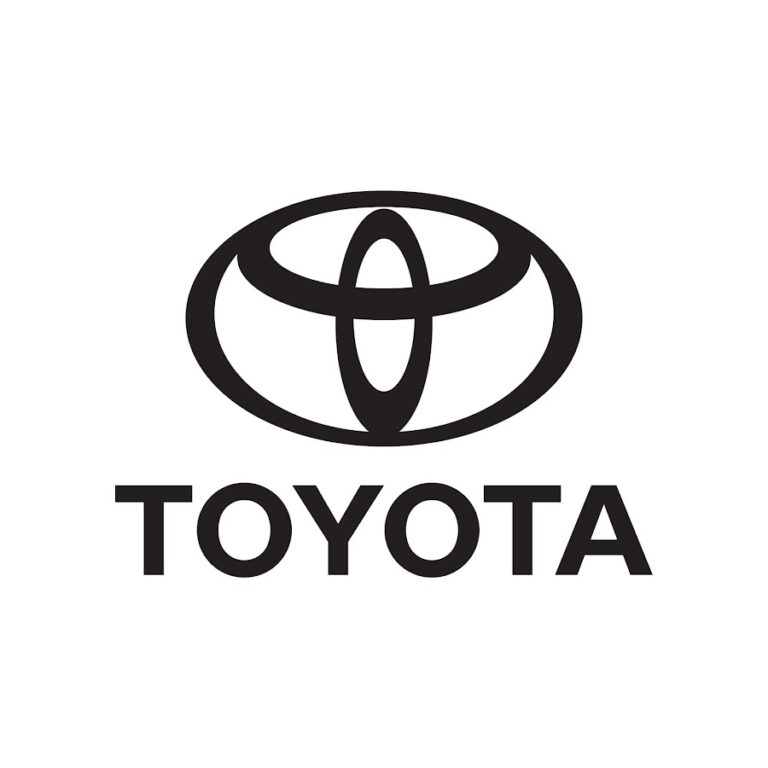Japanese auto giant Toyota has ambitious plans to enhance its vehicles driving range, charging time and slash the costs of future EVs. To this end, it will introduce high-performance, solid-state batteries and other technologies.
Dwelling on its technology roadmap, it said in its official statement that it aims to cover aspects as varied as next-generation battery development and a radical redesign of factories. This aligns with its plan to compete in the fast-growing market for EVs, where it is reported to need to catch up to its prime competitors such as Tesla. “With the evolution of the vehicle’s operating system, the next-generation battery EV will also enable customisation of the driving feel,’ with a focus on acceleration, turning and stopping,” it said. It also said in its statement that it was developing a method to mass produce solid-state batteries, which it aims to commercialise in 2027-2028.
It further informed that it would produce an EV with a more efficient lithium-ion battery which would have a range of 1,000 km (621 miles). Moreover,the long-range version of the Tesla Model Y (EV) which can drive for about 530 km, is also the world’s best seller.
Toyota, which manufactures Prius hybrid, Camry sedan and Lexus luxury models, is also carrying out its R&D on second-generation biofuels.
All-solid-state batteries (ASSBs) are expected to be a game-changing technology for accelerating the popularity of EVs. Apart from being much safer, solid-state batteries have the potential for energy densities approximately twice that of conventional lithium-ion batteries, significantly shorter charging time due to superior charge/discharge performance, and lower cost realised by using less expensive materials. These kinds of batteries are a rapidly developing and emerging tech touted by many as the next generation in battery technology.

